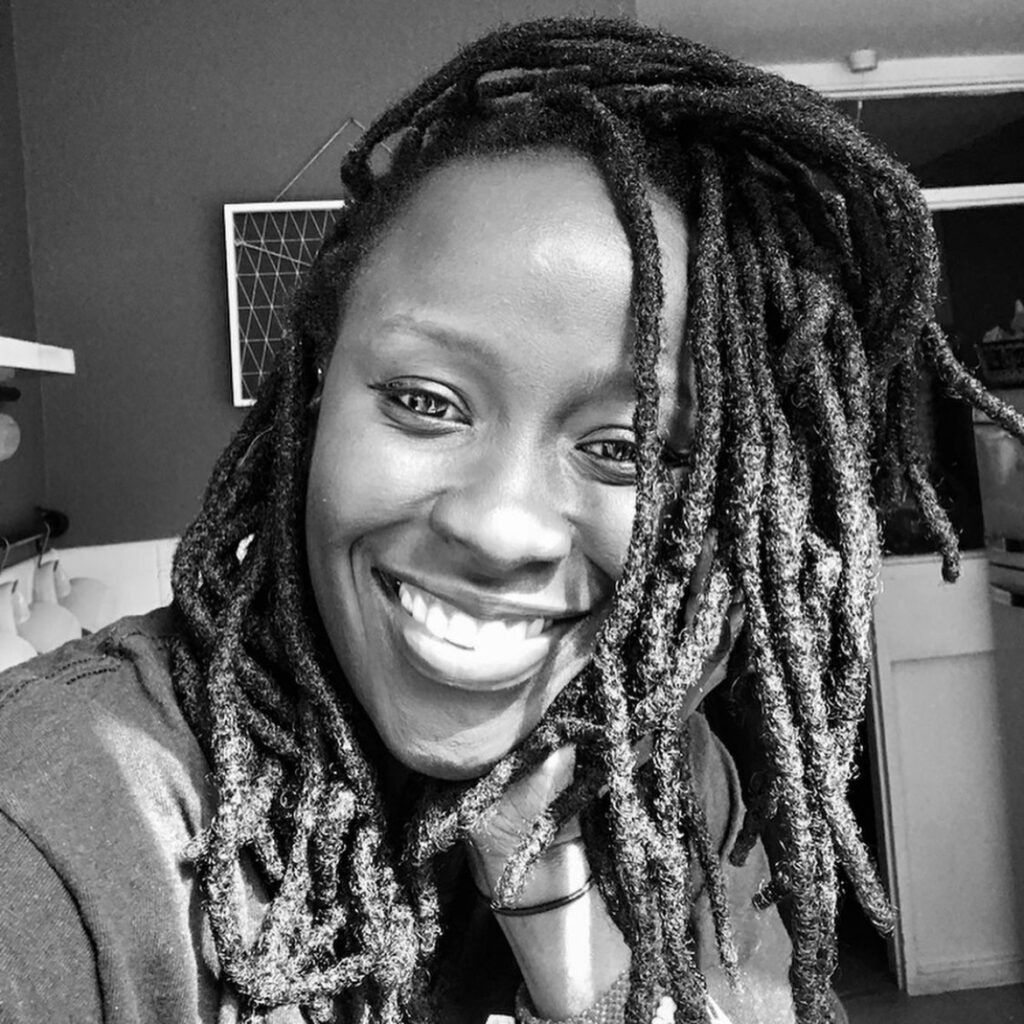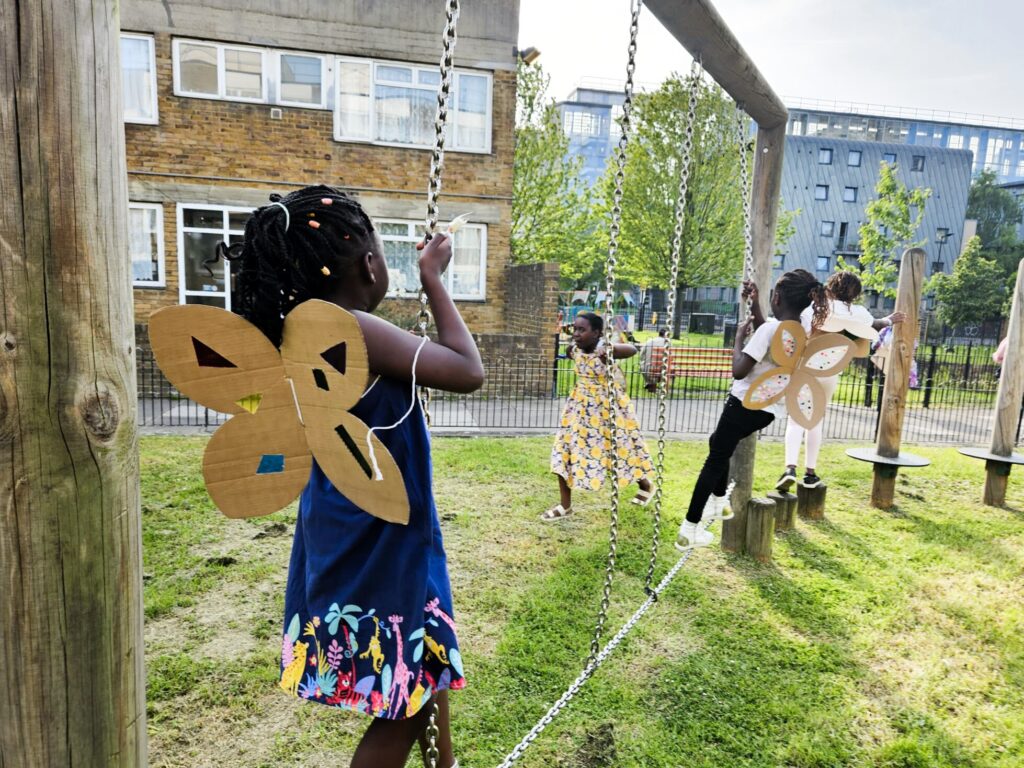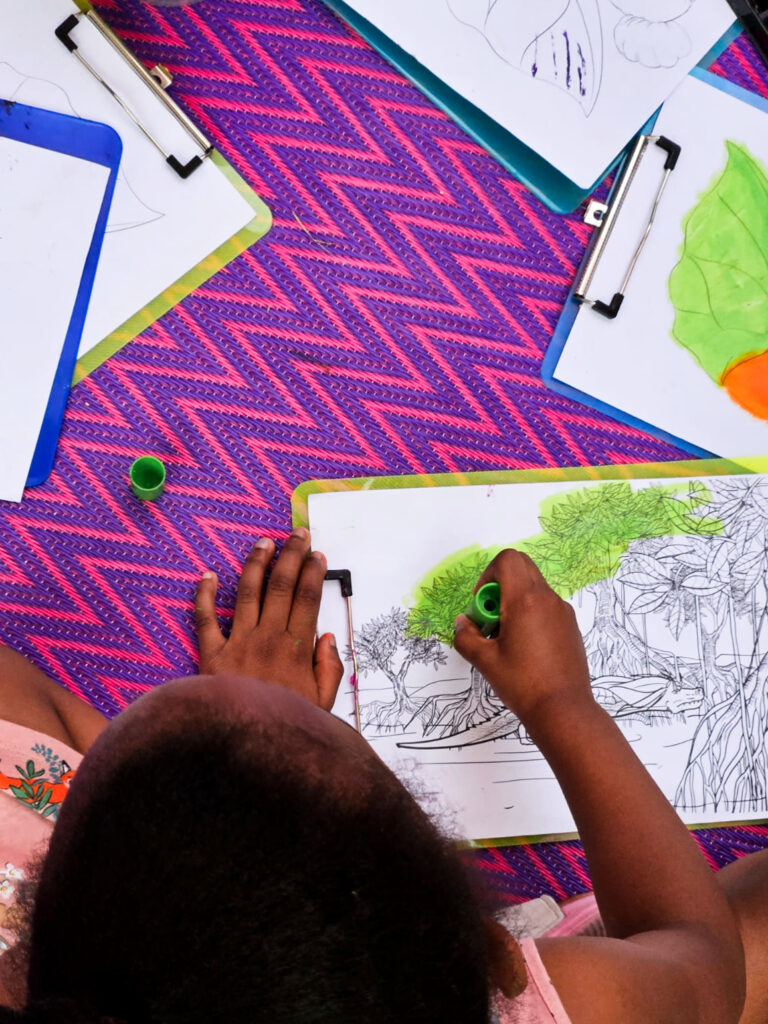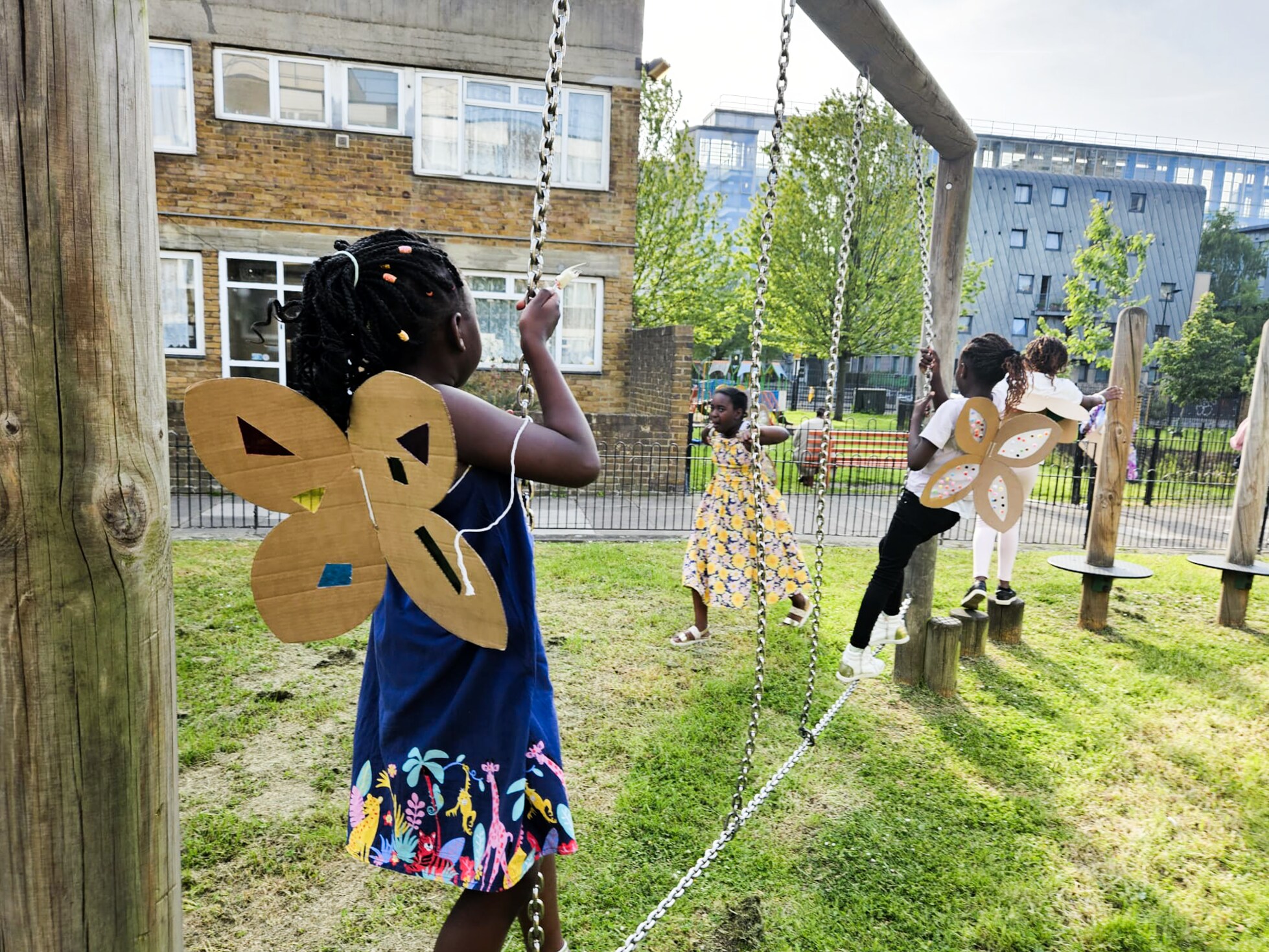Nettle speaks to community storyteller, Ritah Kambona, about how folklore can connect people to nature
Most of us have grown up reading or being read beloved tales such as Little Red Riding Hood, The Little Mermaid, and Pinocchio, which have shaped most children’s early memories and served as opportunities for learning. Is storytelling still powerful in today’s fast-changing world? How can we use storytelling to educate the next generation about nature and everything around us? We meet Ritah Kambona, who has co-founded a charity that intends to use fairy tales to teach the next generation about nature’s power…
Ritah Kambona, 44, is the co-founder of Yuniya, a community interest company incorporated in 2023, but whose genesis was in 2020, dedicated to inspiring people via alternative and transformative experiences at the confluence of the natural world, culture, and well-being, focuses on African mythology. With a small team of four people, they deliver various online and offline creative activities, such as storytelling and story creation workshops, to encourage children and family spend time with nature and understand the climate crisis.
Why would you start Yuniya?

Image | provided by interviewee
In 2020, devastating floods had happened in East Africa. My parents, who live in Uganda, were among those forced to evacuate and haven’t returned since. When my son Malachi saw images of the floods and his grandparents’ home, he asked about the cause. I explained that it was a consequence of climate change, characterised by extreme weather patterns like intense heat and heavy rainfall. I wanted to teach him, who is now 14, about climate change, but I found it to be a complex issue and difficult to understand as a child. One day, my son told me he learned about climate change through a story called “The Ninki Nanka,” which is an African mythological creature that lives by the Gambia River. The story allowed him to explore complex concepts like history and the environment from it, such as how Mangrove trees are incredible at absorbing CO2 and species of nearly 600 birds and the animals that live by the Gambia River. That was the moment I found the power of storytelling, and why I started Yuniya.
What does your job look like as a co-founder?
I’m a storyteller, facilitator, and community activist. My focus is to empower communities, specifically in spaces where there’s not much access to green spaces. I’m so empowering them to go on a journey of transformative learning. I write the stories with my son. We’re particularly dedicated to engaging community members and making the climate conversation more accessible, diverse, and inclusive. Climate change is quite complex, and people don’t always understand what climate change is, how it affects their lives, or what they can do about it. We use storytelling to connect people with nature.
What kind of workshops are provided by Yuniya?
Our activities are based on two things, storytelling, and taking people on a transformative journey of learning. We provide diverse workshops for individuals, children, parents, and caregivers. And a lot of it is alternative education. We rediscover, reimagine, and retell stories of African mythological creatures or dragons, and shapeshifting creatures. Based on these stories, we take children and parents to nature and try to connect with nature through storytelling. The stories can provide us with a framework that we use to then take people on their learning journey. Building upon these stories, we provide a unique home nature-centred experience.
However, we recognise the challenges communities face. In particular, in Peckham, access to quality parks and green spaces is limited, with some areas needing more such spaces altogether, such as some parks that are built with concrete. Some families don’t have time to go to green spaces due to work and it is too far from them, and because they are not going, their children also can’t go. That’s the gap we want to fill, so I provide one-to-one sessions, bringing the children to nature when their parents are not free.

Image | provided by interviewee
What is transformative learning?
Through our storytelling, we break down the different topics about trees and mushrooms and what it means to commune with [animals]. When they learn about our interconnectedness, they understand that we’re [part of] nature, so that journey is transformative. I had to personally go on a relationship and think about my mental well-being. I had to think about my own relationship with nature. What does that look like? What does that mean? And you’re having an inner transformation and an outer transformation.
Why do you use storytelling as a medium to raise people’s awareness? What do you think about the power of the story?
Storytelling is a natural way that we’ve learned for many, many years. Storytelling is how we navigate the world and how we learn. It’s an old tradition of communities learning about how to live together. We’ve learned about why the elephant has a long trunk and the fish live in the sea. We found it was just a natural way to break down a complex and make it easy for people to digest.
Could you share some experiences from current projects and workshops you have conducted?
We ran a workshop called Fairy Tales, and Nature Trails. In this project, we start with a story about Aziza and fairies, who are protectors of nature. What we do is use storytelling to get [children] out into nature, to connect them to nature. The story on the surface is about fairies. However, when you break it down, they’re learning about colours, they’re learning about litter picking, and they know you’re not supposed to drop this if you go out to the parks. If you drop an apple, it might be a natural product, but it’s going to mess up the ecosystem within that space. The storytelling teaches the kids about things through the fairy. It’s all about our interconnectedness.

Image | provided by interviewee
Any transformations you found within the children during the process?
The children that I go out with have started to tell their parents ‘I want to go to the woods, I have to do this activity, or I’m not going to get my certificate from the fairies.’ So, [their parents] have to take them out. We’re kind of doing it backwards. The kids are getting the parents to go out with them and so they also start to develop a habit of going out to nature.
What do you think about the relationship between urban, human, and nature?
We are nature. Climate crisis and living crisis, all these things that are happening. A lot of the time I keep thinking about it. I think we need to learn about more than humans. We need to break it down and learn about how other creatures live, and how they create. We need to know that we’re nature and we need to coexist and live in harmony.
